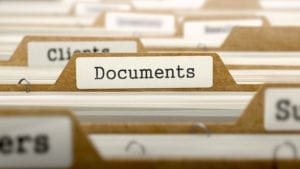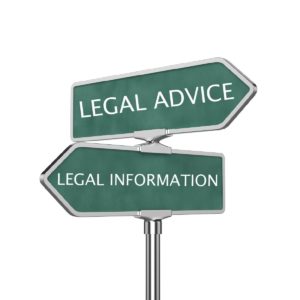
Most social media sites allow users to receive and post likes, endorsements, recommendations, reviews, and comments. Having such posts on your profiles can provide social proof and evidence of your abilities as a lawyer.
Clearly, lawyers are responsible for all content they post on their social media profiles. But what about posts by other users?
Lawyers are not responsible for a third-party’s post/comment on social media, but lawyers can’t hide behind third parties and disseminate “advertisements” that are false, misleading, or deceptive. So lawyers must monitor their social media sites from time to time to make sure any third-party posts or endorsements do not violate ethics rules.
If any of those third-party posts or endorsements do violate ethics rules, the lawyer must either (1) remove or hide that content, if within the lawyer’s control; or (2) ask the third-party to remove it, if not in the lawyer’s control. (See Pennsylvania; North Carolina; West Virginia). If a post can’t be taken down or hidden, the lawyer may need to post corrective or curative information.
For a discussion on some of the rules regarding testimonials in general, check out the blog post here.
Rules of Thumb Regarding LinkedIn
If you are on LinkedIn, you are probably familiar with the “Featured Skills & Endorsements” section. LinkedIn allows users to “endorse” another user’s skills in certain areas and often provides suggested “skills” for users to merely click.
Lawyers are permitted to list skills and areas of practice on LinkedIn, but they should check their jurisdiction regarding statements of specialization or expertise. (Philadelphia Bar Association).
Oftentimes an uninformed user may endorse a lawyer in an area that the lawyer has little or no experience in. So what is the lawyer’s responsibility when they receive such an endorsement?
If a skill endorsement is made by a third party that is misleading or inaccurate, the lawyer must not allow it to stay on his or her social media account. (District of Columbia).
What about lawyers giving endorsements?
A lawyer may endorse another lawyer on LinkedIn, but the endorsement must be accurate, not misleading, and one that the lawyer knows to be true. (See Pennsylvania; District of Columbia; West Virginia).
Washington State prohibits an endorsement of a lawyer simple in exchange for a reciprocal endorsement, because doing so would be improperly giving something of value for recommending the lawyer’s services. Most jurisdictions would probably agree. (See, e.g, Georgia Rule Prof’l Conduct 7.3(c)).







